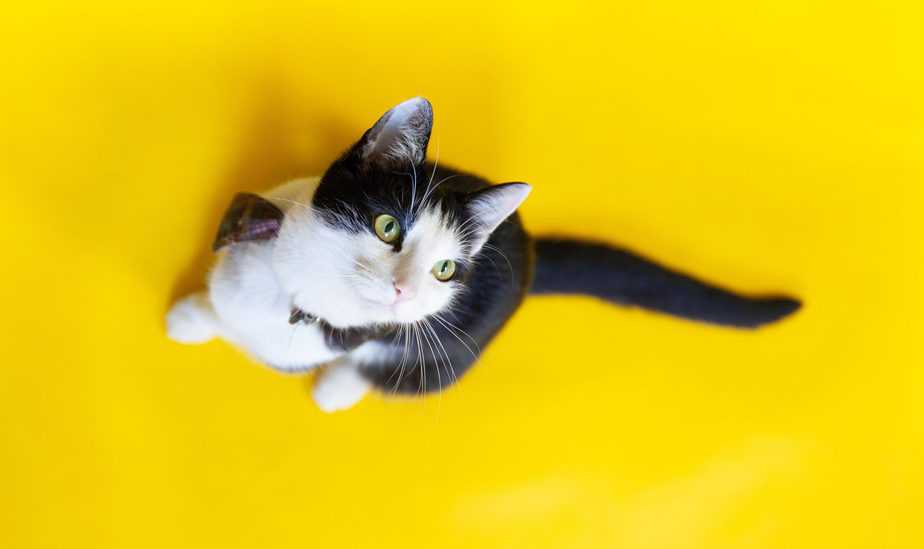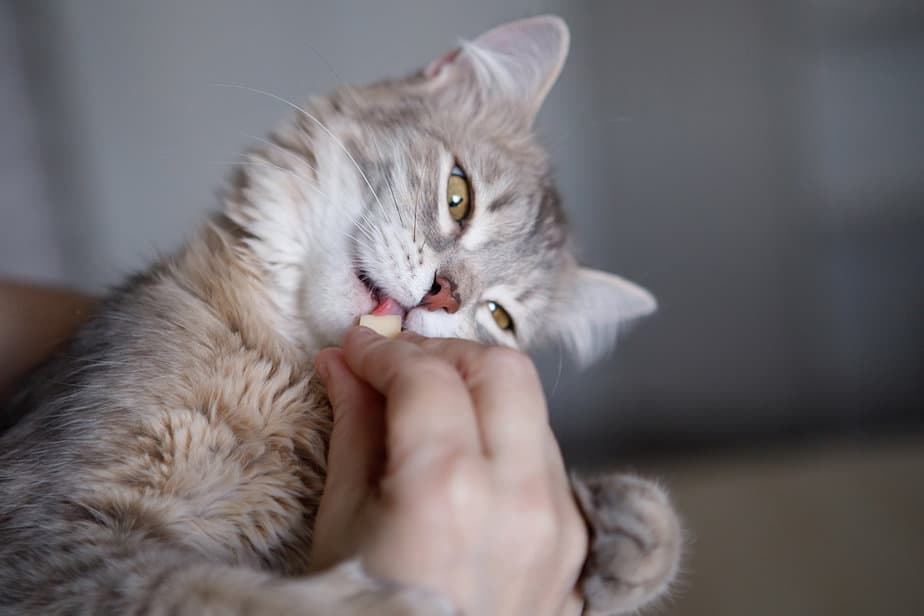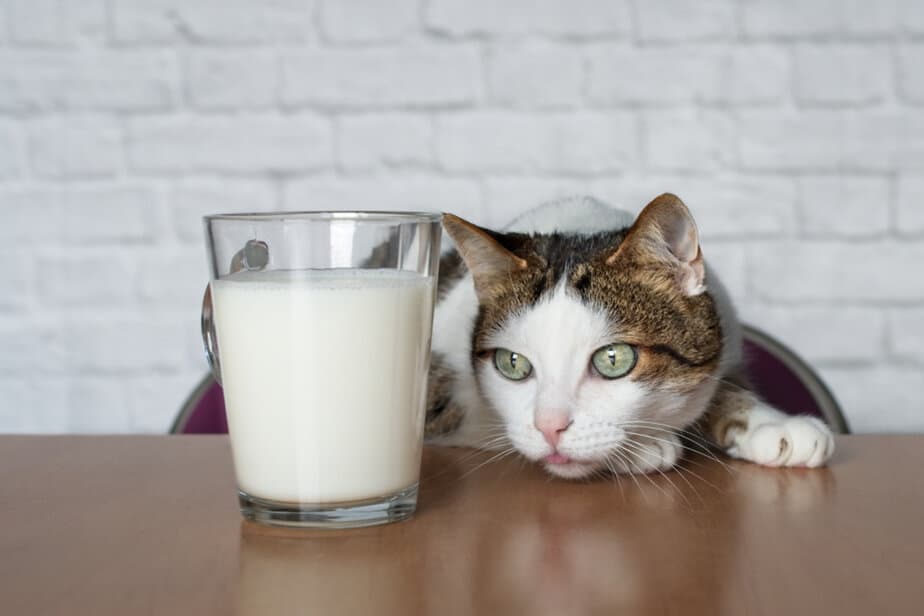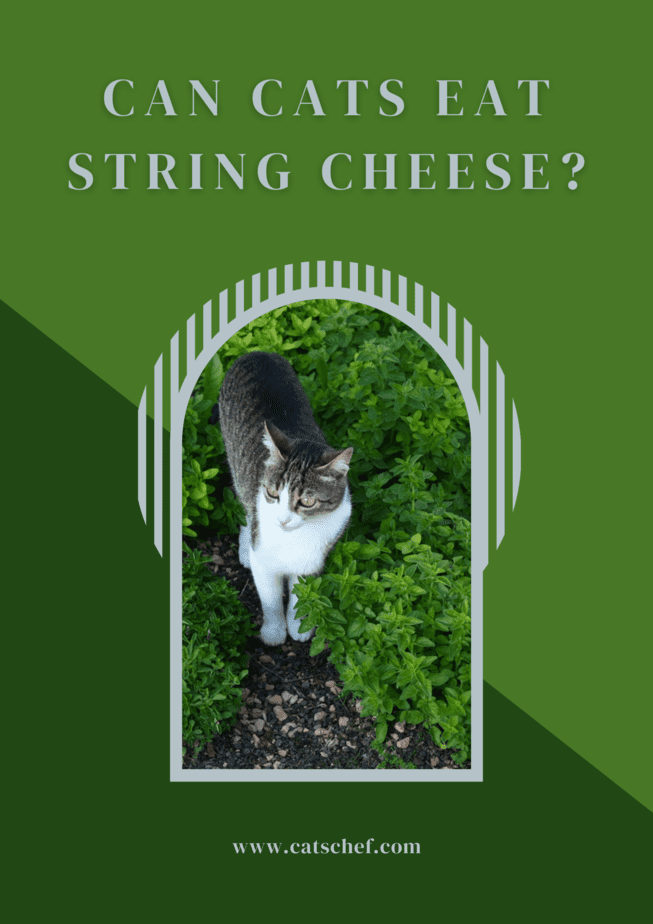📖 Table of Content:
Who doesn’t love the deliciousness that’s string cheese? You can put it on a skewer along with chicken and cherry tomatoes, wrap it with prosciutto for a busy brunch, or cover it in breadcrumbs for a quick Sunday snack. But, can cats eat string cheese?
What’s the appeal in spending all that time making the tastiest of treats if you can’t share it with your favorite four-legged friend? You’re pretty sure that a tiny bit of cheese shouldn’t send her running to the litter box, but… You’re not willing to take that risk.
Well, you have nothing to worry about because cats can eat string cheese. Kind of… You see, a small piece of cheese shouldn’t cause any harm to your cat’s digestive system. But, anything more than that might lead to an array of health problems. Here’s everything you need to know!
So, can cats eat string cheese?
First things first, string cheese is quite an odd type of cheese that’s typically made of mozzarella and cheddar cheese. It’s commonly associated with hard cheeses which means it contains less lactose and more sodium. And yes, that’s true even for high-quality string cheese.
Let’s go back to the beginning and try to answer the “can cats eat string cheese” question. You see, cats are obligate carnivores. That means that they require heaps of meat, animal protein, and animal-sourced nutrients in their diet to survive and thrive.
While string cheese does come from animals, it shouldn’t be a regular part of your cat’s diet. You can use it as an occasional treat. But, there’s pretty much no reason why you would ever use it as a substitute for your regular cat food. Except for that “mommy please” look you can’t resist!
So yes, cats can eat string cheese. But, you and your four-legged friend shouldn’t run to get your celebratory hats just yet. There are a couple of things you should take into consideration beforehand.
Three reasons why you shouldn’t feed string cheese to your cat
This might be the moment where you think something along the lines of “I thought it was safe for cats to consume string cheese, what are you talking about?” And to that we say, just because cats can eat something doesn’t mean they should.
There are so many different health issues that can arise from improper diet. It’s incredibly important for you, as a pet parent, to take responsibility for providing your cat with the best care possible. So, here’s why you should think twice before feeding string cheese to your cat.
1. Lactose intolerance
You read that right: cats are lactose intolerant! You might be completely taken aback by this information because you’ve seen so many pet parents feed their precious purrs with different dairy products. But no, cats can’t have cow milk (or any other animal’s milk, for that matter).
How is that even possible? Well, when they’re super small, cats feed off of their mother’s milk. But, once they’re fully grown they no longer require milk in their diets so their digestive system shifts in a certain direction. They lose the lactase enzyme that’s responsible for breaking down the lactose in milk.
Most cats can still have a small amount of lactose without experiencing digestive issues. But, it’s always better to reduce the consumption of human food to a minimum. Soft cheeses like cottage cheese, cream cheese, blue cheese, goat cheese, and feta are pretty high in lactose, so they’re a big no-no.
Hard cheeses like string cheese, parmesan, swiss, gouda, and cheddar cheese have a low lactose content, so they get a passing grade. But, only in small quantities.
2. Dairy allergies
Yes, a dairy allergy isn’t the same thing as lactose intolerance. Most cats that are lactose intolerant will experience digestive problems after consuming even a small amount of cheese (yes, even string cheese).
Unfortunately, a dairy allergy impairs your four-legged friend’s ability to digest the protein that’s found in milk, cheese, and other dairy products. A dairy allergy results in an array of digestive problems such as constipation, diarrhea, vomiting, bloating, and an anaphylactic reaction.
3. High fat content
Last but not least, string cheese does contain a considerable amount of fat and sodium. These two things might lead to some pretty unfavorable results in the long run. Consuming too much fat and too much sodium might leave your cat with health problems such as weight gain, obesity, and diabetes.
So, when you’re wondering “can cats eat string cheese” or even “can cats eat cheese in general”, make an effort to find options that are suitable for your furry friend. Opt for cheeses that are labeled as low sodium and low fat and you’ll be fine.
Cat’s can eat string cheese, but…
There’s always a but when it comes to feeding your four-legged friend anything that shouldn’t be a regular part of her diet. While a bite of string cheese isn’t going to send her running to the litter box, it’s better to be safe than sorry.
Don’t forget to consult with your vet before making any significant changes to your cat’s diet. Trust me, there isn’t a “mommy please“ look in the world you can’t soften with a simple cat treat. Best of luck!



